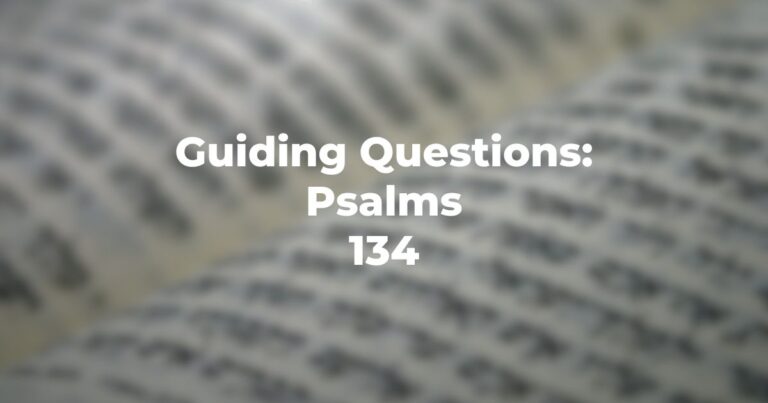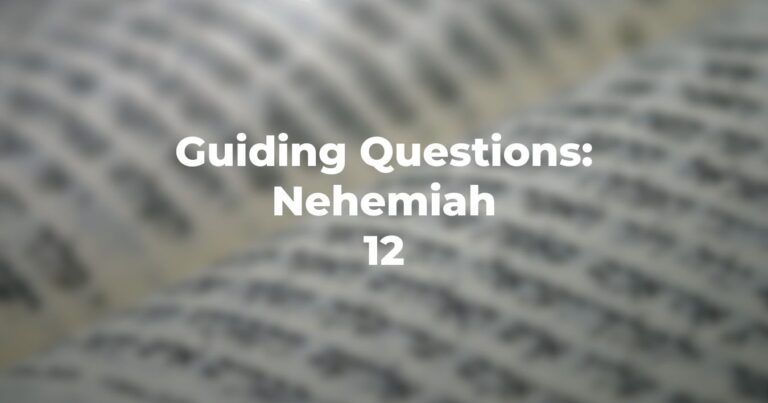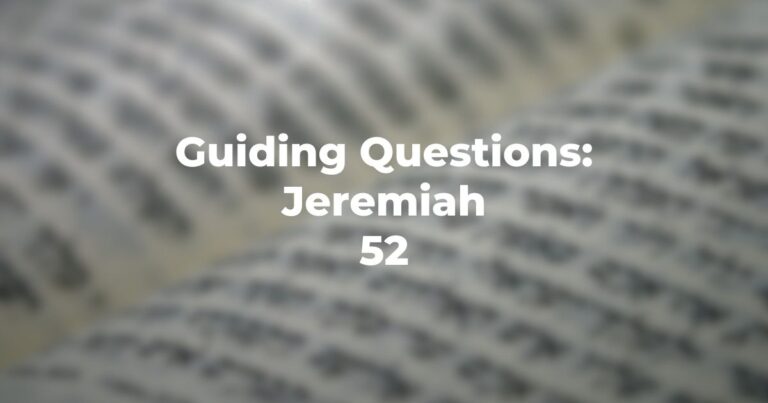- What were the Israelites doing with the daughters of Moab that warrants the term “liznot?”
- Was the transgressive act of the Israelites by the few or by the many?
- What does the word “va’yitzamed” imply; what does “tzemed” as a noun signify?
- Does text explain why the Israelites did not persuade the daughters of Moab to convert to Brit adherence?
- Why is Mosheh instructed to hang the leaders facing the sun; why not the perpetrators? (Do some say that it actually was the perpetrators that were intended?)
- Does Mosheh do as he is told; does he act himself? What does he ask be done? Does text indicate it was done?
- Is a Midyanite the same as a Moabitess?
- Specifically, what does Mosheh finally do?
- Does crying/hand-wringing solve the problem?
- In Numbers 25:7, what did Pinhas see (or perceive)?
- Is Pinhas second or third generation out of Egypt?
- Is he among the recognized leaders (Numbers 25:7)?
- Does Pinhas’ action solve the problem?
- Who joined with him in what he did?
- Is violence always to be avoided? sometimes? when?
- Does this chapter indicate that “temptation is always at hand” and that reminders, education, do not preclude yielding to an essential drive—such as sex?
- Does the text indicate that inter-dating and “inter-marriage” are essentially destructive since they lead to the violation of the Brit mandate—that is, that they lead to a reversion to paganism?
- Does text indicate that when a society goes awry the leaders are to be singled out for responsibility?
- Mosheh is on in years in this story. Does text indicate (imply) that an aging leader, however talented, cannot always bring to bear either the insight or the resolve evidenced at earlier crises (as, for example, the golden calf)?
- And does text teach, too, that the young are “not always wrong?” Can the rank and file yield a leader who would better appreciate what need be done, and is youthful action always to be regarded as impetuous or subject to establishment direction?
- Does Divinity instruct Pinhas?
- Would the text indicate that transgression is indigenous to human experience and that its correction is essentially in the hands of the self-same humans?
- Are pity and permissiveness, in this narrative, of equal, greater, or lesser consequence than communal need/Brit observance?
- And does text indicate that a new situation calls for new (sometimes radical) measures, even when established authority neither calls for it nor approves of it?
Author
-

Exploring Judaism is the digital home for Conservative/Masorti Judaism, embracing the beauty and complexity of Judaism, and our personal search for meaning, learning, and connecting. Our goal is to create content based on three core framing: Meaning-Making (Why?), Practical Living (How?), and Explainers (What?).
View all posts




